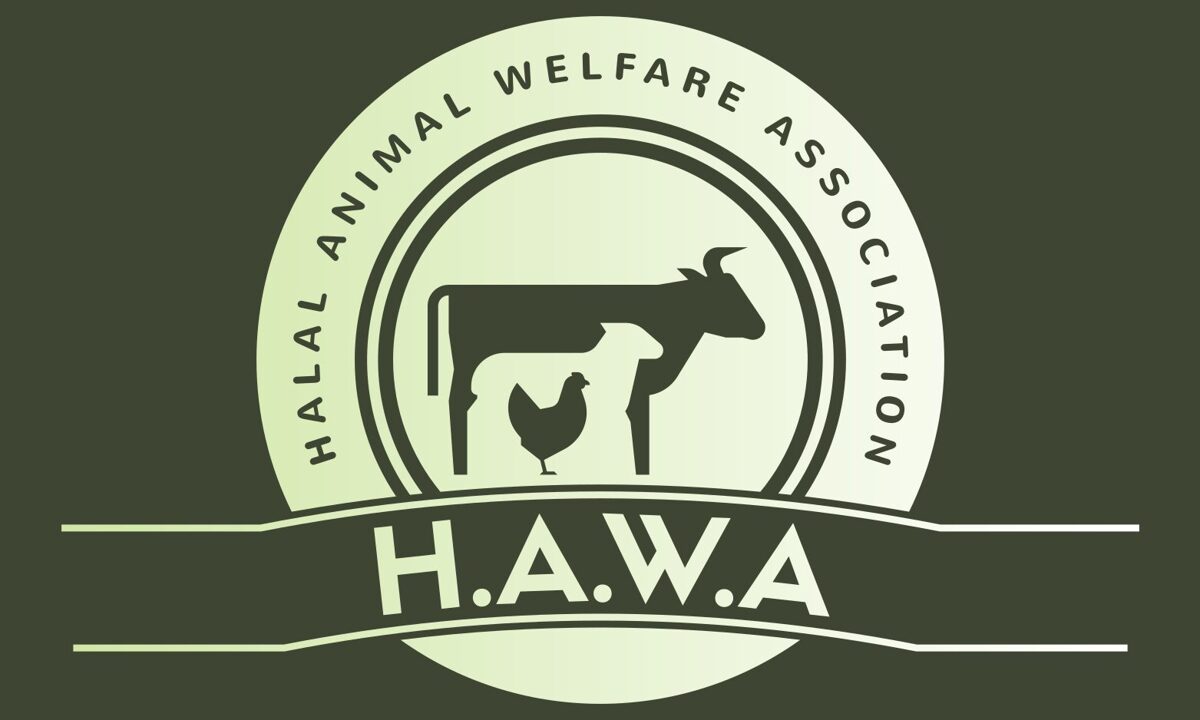Halal and Tayyib: A definition
What is Tayyib:
Tayyib is an Arabic word (derived from Tayyibah pl. Tayyibaat) which has extensive use and purpose in the Quran and hadith. As with most Arabic words within the Quran it is difficult to translate direct to one English word.
The most used definitions being: Wholesome, Good, Pleasant, Excellent, Fair, Lawful, Pure and Clean. (1)
It is advised within the Hadith that the food we consume should be both Halal and Tayyib. Looking at the different modern farming practises and animal welfare advice of the Hadith and Sunnah the most suitable to match modern day farming and Islamic advice would be Organic farming.
Animals who have been raised in factory farms, raised in poor conditions or ill treated are not considered halal to consume because they are not Tayyib. (2)
“Oh, ye messengers! Eat of the good things {tayyibat} and do righteous deeds. Surely, I know what you do” (Qur’an 23:51).
“Oh believers! Eat what We have provided for you of lawful and good things, and give thanks for Allah's favour, if it is He whom you serve” (Qur’an 2:172; 16:114).
As Muslims, purchasing and consuming meat raised in poor conditions, intensively farmed and stunning (More on this subject to follow) violates the Prophet Muhammad’s (pbuh) advice that food animals should be subjected to no pain before they are slaughtered as well as other rulings regarding animals. If animals have been victims of cruelty, meat from them is considered as impure and unlawful to eat (Makrooh) in some regards may be seen as carrion which is haram even if they upmost Islamic methods have been used during slaughter.
One of the Aims of this association is to rid the Halal meat world of Factory farm food or meat which has come from animals who have been raised in poor conditions in order to have confidence that Halal meat is Tayyib.
Just having Organic meat available in halal meat butchers and supermarkets so consumers have a choice would be a great improvement.
What is Halal:
Halal is an Arabic term which means, permissible and lawful. It is most likely used to describe food (in most cases meat) or drink which a Muslim can or cannot consume as per the teachings of Islam although it also applies to certain actions or lifestyle choices.
With regard to meat the term Halal sets a form of rules requiring the animal to be raised and slaughtered in a certain way, some animals or the state of an animal cannot be said to be Halal. (Please see the Tayyib section with regard to animal treatment)
Halal slaughter means the animal must be slaughtered by the teachings of the Quran and Hadith as told by the Prophet (pbuh). The set rulings of Halal slaughter are:
- The animal must be alive, well and in good condition at the time of slaughter.
- The animal must be slaughtered by the use of a very sharp knife in one stroke, the knife should be re-sharpened and cleaned after each slaughter .
- The animal should not see the knife being used nor be killed in front of another animal.
Imam Ali says: “Do not slaughter sheep in the presence of other sheep, or any animal in the presence of other animals.” (4)
- The windpipe (throat), food-tract (oesophagus) and the two jugular veins must be cut.
- The name of Allah must be said at the time of slaughtering by saying: Bismillah Allahu Akbar. (In the Name of Allah; Allah is the Greatest.)
“So eat that meat on which Allah’s name has been pronounced if you have faith in His signs.” (The Holy Qur’an 6:118)
- The head of the animal must not be cut off during slaughtering nor the spinal cord damaged.
- Skinning or cutting any part of the animal is not allowed before the animal is completely dead.
- The slaughtering must be done manually.
- The slaughtering should not be done on a production line where pigs are slaughtered.
- Water should be offered to the animal before slaughter, and it should not be slaughtered when hungry.
‘Umar once saw a man denying a sheep, which was going to slaughter, a satiating measure of water to drink. He gave the man a beating with his lash and told him: ‘Go, water it properly at the time of its death, you knave!’. (5)
- Animals should be killed in a comfortable way. Unnecessary suffering to them must be avoided.
‘God’s messenger (s) was reported as saying: ‘Allah who is blessed and exalted, has prescribed benevolence towards everything [and has ordained that everything be done in a good way ]; so, when you must kill a living being, do it in the best manner and, when you slaughter an animal, you should [use the best method and] sharpen your knife so as to cause the animal as little pain as possible.” (6)
References:
1) Amatullah, September 2008. https://tayyibaat.wordpress.com/2008/09/04/what-is-tayyib/
2) S.A. Rahman,2017. Religion and Animal Welfare- An Islamic Perspective. https://www.ncbi.nlm.nih.gov/pmc/articles/PMC5332932/
3) Animal Welfare in Islam; Al-Hafiz Basheer Ahmad Masri; The Islamic Foundation; Leicestershire, UK; 2007
4) Maxims of Ali; translated by al-Halal from Nahj al- Balaghah (in Arabic); Sh.Muhammad Ashraf, Lahore Pakistan; p.436. (Hereafter referred to as Maxims.) Imam Ali ibn Abi Talib was the son in law of the Holy Prophet Muhammad (s), and fourth Caliph (644-656 A.C.- 22- 34 A.H.).
5) Reported by Ibn Sirin about ‘Umar and recorded in Badai al-Sanai (in Arabic); 6:2811.
6) Narrated by Shaddad ibn Aws. Muslim; Vol. 2; Chapt. 11; Section on ‘slaying’; 10:739, verse 151. Also ‘Robson’ English translation by James Robson, in four volumes; Sh. Muhammad Ashraf, Lahore, Pakistan; 1963 (Hereafter referred to as ‘Robson’); p.872. Also recorded in Riyad. (Ref. No. 28); Hadith No.643; p.131
7) Halal Monitoring Committee. https://halalhmc.org/resources/definition-of-halal/
No comments
Leave a reply
Cart
Cart is empty.
